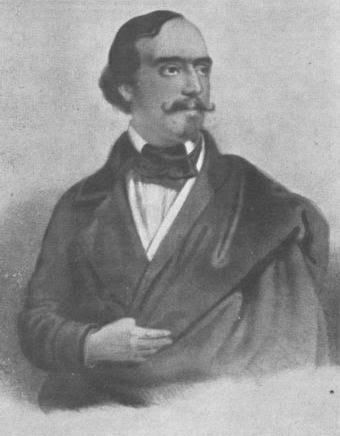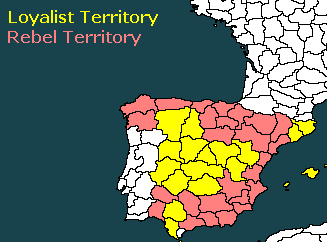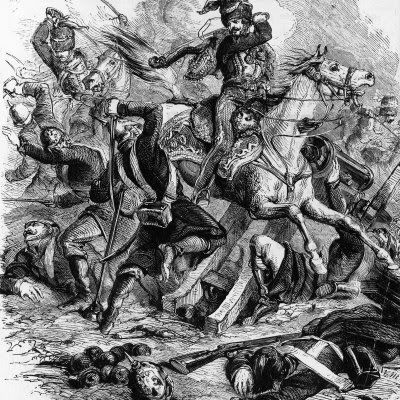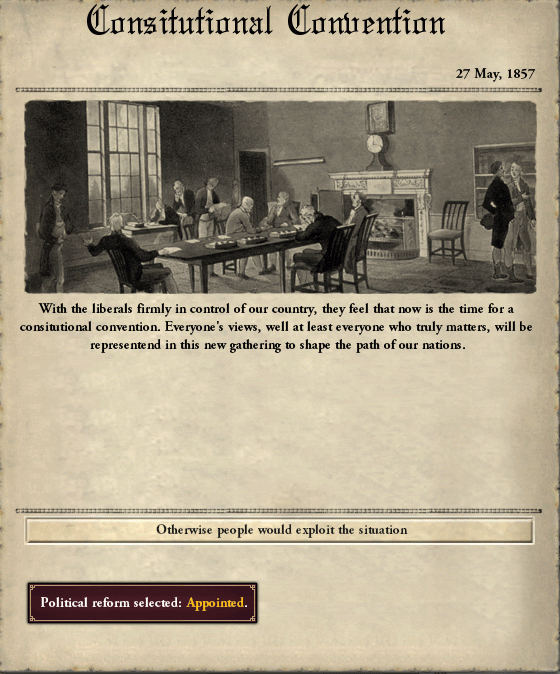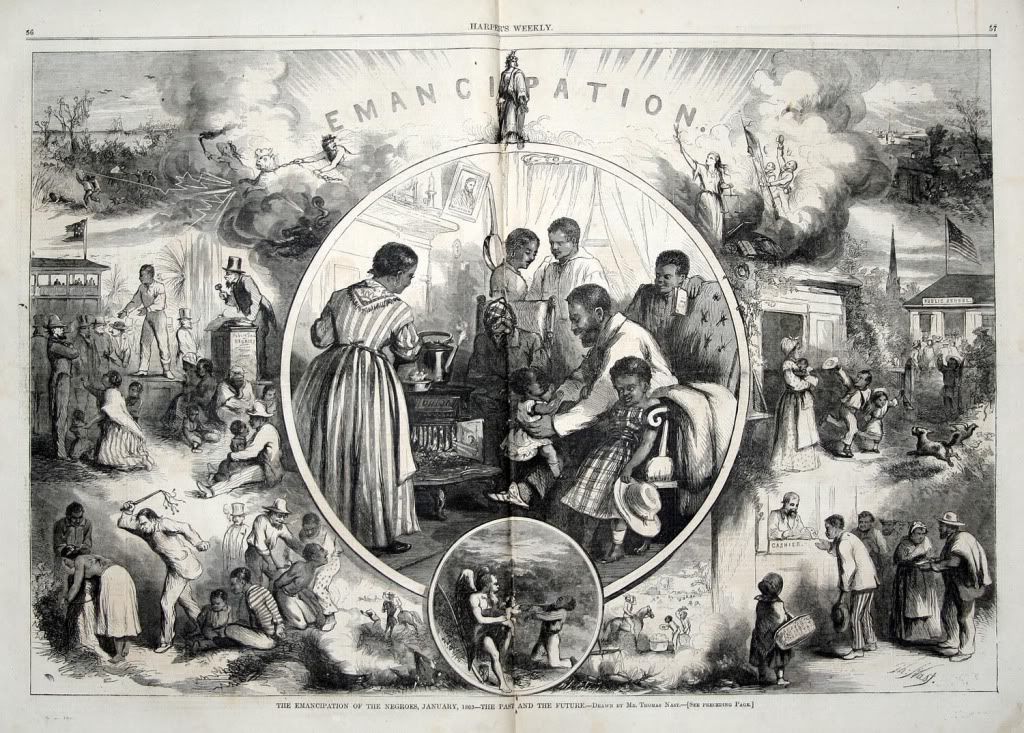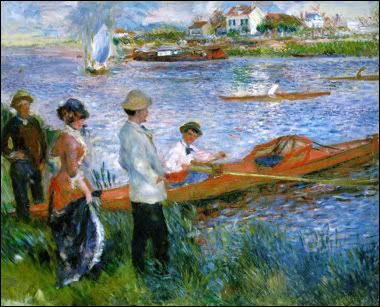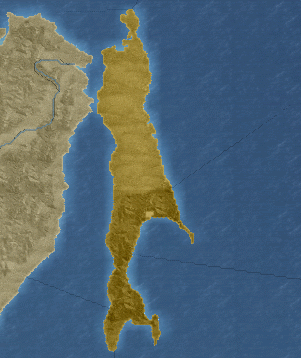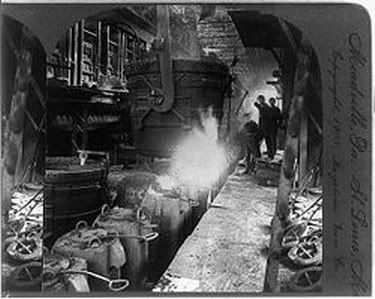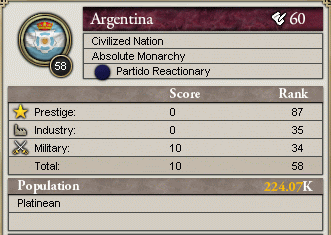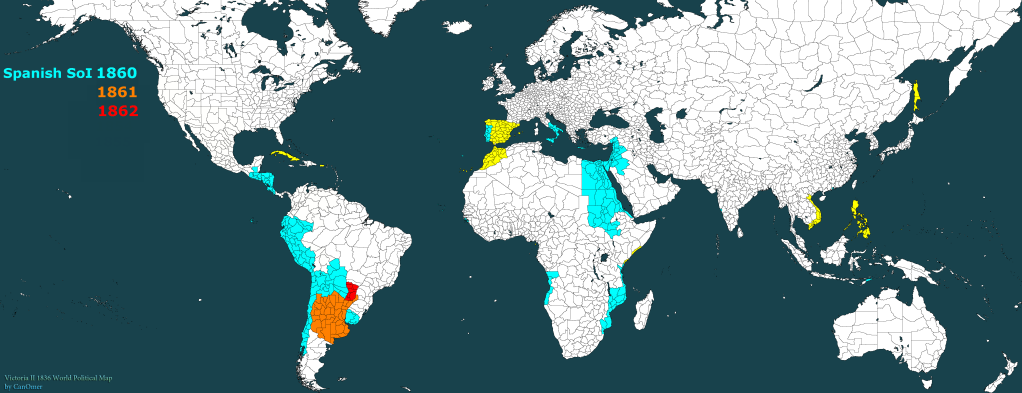The Spanish Succession – 1855
Following the death of the great King Carlos V on March 10th 1855 the Carlist regime in Spain was left in utter turmoil. Just as Carlos had come to power amidst a majorly disputed succession he left Spain with the same problem.
All this troubled descended from the death of the heir apparent, Prince Carlos, on June 9th 1854. Prince Carlos was the eldest of the King’s two children (both of them sons) and was ideally suited to the role as his father’s successor. He was beloved by the church for his public political support and his private pious devotion, had the respect of both the people and the aristocracy and most important of all he was uniquely positioned amongst the rightwing of Spain as he was greatly respected by the notoriously liberal Spanish military.
Carlos had matured behind the backdrop of Civil War in Spain. At the age of 15 he saw his father’s supporters begin their attempt to overthrow the liberal government at 18 he travelled to Spain to fight alongside his father during the last two years of the Carlist Revolution. Following victory Prince Carlos joined the Spanish army and served with distinction as a General during the invasion of Morocco (1841-1843) and was in command of the new colonies’ occupation between 1843 and 1844. After this he moved more actively into politics but retained the support of the military. He was perfect for Spain but tragedy struck on May 3rd 1854 when he serious wounds after being trampled by a horse, he lingered on for another month before passing away.
As Carlos had another son this would, under normal circumstances, not be a problem however Juan (the younger of Carlos V’s two sons) was regarded unsuitable by the Communion Carlista.
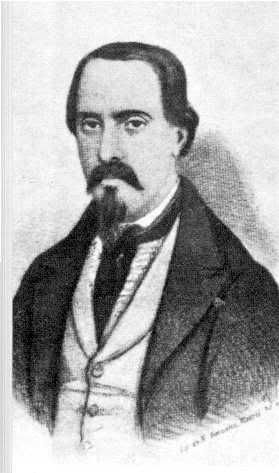
Juan was a liberal; he supported desamortisation (the acquisition of church properties for the state), democracy, political freedom and had as much to do with France as he had with Spain. Unlike his broth Carlos who had quickly moved to Spain after coming of age Juan remained amongst his fellow Bourbons in France. There he became a close friend of the Legitimist claimant, Henri of Chambord, and became very active within the Legitimist Party, leading it towards a more liberal position. Although after his father’s victory he did frequently travel to Spain it was always clear that Juan saw his home as being Paris, indeed he spoke Spanish with a Parisian accent and never travelled without an entourage of his close friends, there were few Spaniards amongst them. The Carlist faction in Spain loathed him. So hated was Juan by the Carlists that in 1843 King Carlos V arranged for his elder son, Prince Carlos, to renounce his claims to the French throne. This in turn made Juan the next in line to the Legitimist claims to France, the move was a clear sign by the King that he wanted Juan to stay in Paris, far away from Spanish politics where his liberal views could not harm Spain.
Throughout the 1840s and early 50s Juan did as he was encouraged to do and stayed away from Spanish politics whilst remaining extremely active in France. He did frequently return to Spain in order to take part in public events and manage his extensive properties South of the Pyrenees but he rarely stayed for more than a few weeks at a time. However in 1854, following his brother’s tragic death, he was thrust back into the limelight in Spain as he became heir apparent. By this stage King Carlos’ health was visibly fading and the ruling Communion Carlista was more powerful than it had ever been. The Communion was eager to prevent Juan eventual ascension to the Spanish throne by any means necessary and instead presented Francis, Duke of Cadiz, as the rightful heir. Soon a vicious campaign was unleashed against Juan in which the Prince was accused of being everything from a bastard to a homosexual to a French spy meanwhile laws were drafted that would prevent Juan from coming to the throne.

Spain now had three claimants vying for the crown that would become available following Carlos V’s death. All claimed direct descent from King Carlos IV’s three sons.
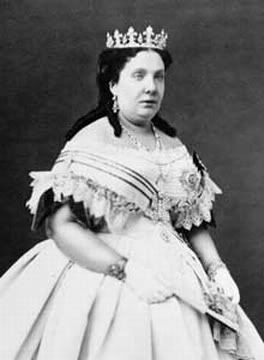
Out of the three claimants Isabella was in the weakest position and had little realistic chance of securing the crown. She had been just three years old when she became Queen in 1833 and was just 8 when she was finally overthrown in 1838. After the defeat of her supporters by the Carlists she fled to London where she continued to claim the Spanish thrown whilst living the life of an émigré. Her supporters always had been the liberal Partido Progresista and this did not change whilst she was in exile. Relying wholly on support from an oppressed and shrinking group always left her support muted in Spain itself and as ever larger sections of the Partido moved towards the support of Juan as a more viable liberal champion Isabella drifted into total irrelevance. Legally she and all her line were ruled out of the succession shortly after the end of the Carlist Revolution. Isabella could do little to influence the outcome of Carlos’ succession.
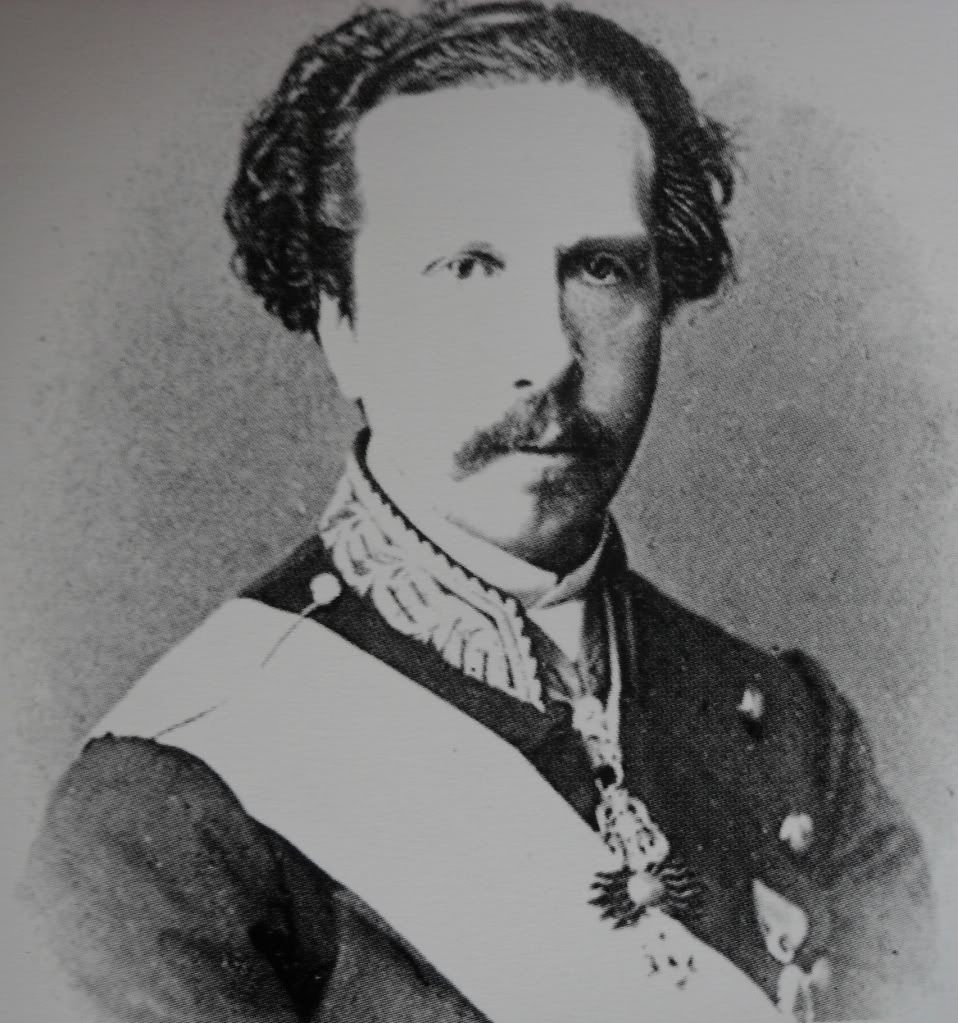
The realistic opponent of Juan was Duke Francis of Cadiz. During the 1830s, whilst still a child, Francis had briefly been engaged to be married to his cousin Queen Isabella. However whilst Isabella and her closest supporters fled Spain following defeat in the Carlist Revolution Francis’ father Francisco had switched sides and joined in support of his brother Carlos V. Before during and after the Civil War Francisco had been one of the most prominent members of the Partido Moderado – a conservative group that did not want to upset the status quo as both the Carlists and Progresistas wished to. During Carlos’ reign Francisco had been an important ally in the centre of Spanish politics for the Carlists and his retirement from public life in 1851 had helped push the Carlists further to the right as they no longer tried to compromise as much with the moderates. Francis on the other hand went down a rather different political route than his father and became the darling of the Communion Carlista. More reactionary than King Carlos himself and as brilliant as any politician in Europe by 1854 he was one of the leading figures in the Communion Carlista. The death of his close friend and cousin Prince Carlos in 1854 shook Francis deeply and he seemed to hold suspicions that Juan and the liberals had in some way contributed towards Prince Carlos’ death. This is one of the reasons he helped whip up the Carlist faction against Juan and why he put himself forward for the crown.
Throughout 1854 and 1855 as the King slowly withered away there existed a standoff between Francis and the Carlist faction and the supporters of Juan. The vile smear campaign of the Carlists almost convinced Juan to surrender his claim to the Spanish crown in the Winter of 1854 but his friends in France convinced him to stick to his guns and begin operations of his own to outflank the Communion. Juan secured almost unilateral support from the Partido Progresista as well as the Partido Moderado (which felt shunned by the recent shift of the Communion to the right). Juan was a clear favourite amongst the oppressed bourgeoisie (a class Carlos V had long detested more than anything else) and the educated urban working classes. However his most important supporters were Generals of Spain’s armies who were hopeful of liberalisation in Spain.
When Carlos finally died on March 10th 1855 Francis moved quickly to try to secure the throne for himself. With the public backing of several senior clerical officials and the private backing of the Holy Father himself Francis hoped his rather tenuous claim to the throne, when compared to Juan, would be overlooked as he rode to victory. On March 14th Juan, still at this stage a Prince and nothing more, was declared an enemy of the state and an arrest warrant was issued. The government claimed to have discovered evidence that he was implicated in the death Prince Carlos and that he was acting as an agent of the French state. This was designed to legitimise Francis’ coronation which was scheduled for March 21st however the flimsiness of the government’s evidence coupled with the almost ridiculous nature of the charges only turned more people against the usurping Francis.
As the days wore on Madrid quickly turned violent as tens of thousands, perhaps hundreds of thousands rioted in the streets against Francis’ attempt to usurp the true King. At this stage the Communion Carlista, which had only recently been strongly united behind Francis, began to fracture. A small dire hard core remained firmly behind Francis whilst the majority simply slipped away from the action remaining more ambivalent in their support.
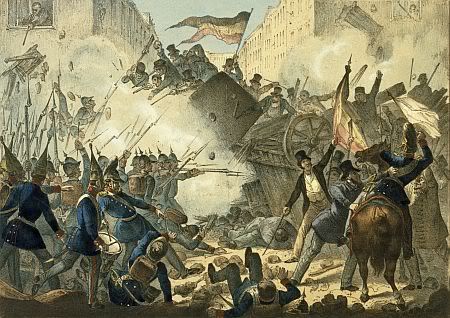
On March 17th General Blanco y Erenas led 15,000 Spanish soldiers into Madrid upon the orders of the collapsing Francist government. Francis had taken the risk of inviting the military (an element of the Spanish state with rather questionable loyalty to Francis) into Madrid in the hopes that they could restore order. In that the soldiers were very successful, some 9,000 people were killed over the course of three days as Blanco y Erenas brutally restored order. However Erenas did not stop there and with the entire city firmly under his control he led his men into the government, arrested Francis and his key supporters and summarily executed them as enemies of the state. This move stunned Spain and Europe alike. Whilst Francis was highly unpopular in industrialised Madrid he had still retained much more support amongst the people than Juan ever had, it was clear that there would be a backlash against Erenas’ actions in Madrid and he clearly needed to legitimise his position.
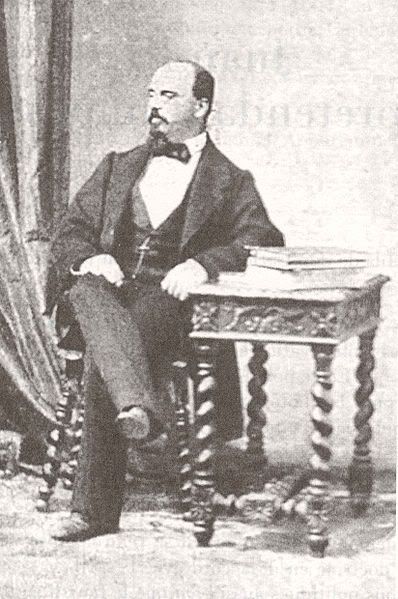
Juan was quickly rushed into Madrid and hurriedly crowned King Juan III of Spain at the start of April. At the same time thousands began to rise up across Spain and her colonies whilst dozens of military units started to consider whether to march for Madrid or towards it.
Erenas had clearly hoped to form a military government dominated by liberals using Juan as a puppet. However Juan outwitted and surprised Erenas as he vigorously secured his position within days of arriving in Madrid. First off Juan offered a complete amnesty to the Carlists and convinced them to return to Madrid to help him form his new government – this effectively neutralised the rebel threat by denying them a viable leadership. Then Juan organised for Erenas and his army to march Northwards against several major rebel formations that were threatening Madrid itself whilst at the same time removing units from elsewhere so he could create a hefty garrison for Madrid that was commanded by Generals totally loyal to him. Juan also removed any hopes Erenas or the other liberals had of portraying the new King as a reactionary like his father as he invited the Partido Progresista into Madrid to form his new government, although they did so alongside elements of the Carlista Communion and Partido Moderado. As Juan made himself all things to all men he swiftly moved to fill the most important positions of power with men loyal to him and him alone.
By the end of April Spain was clearly in another Civil War but its capital was totally under the thumb of its new King.


